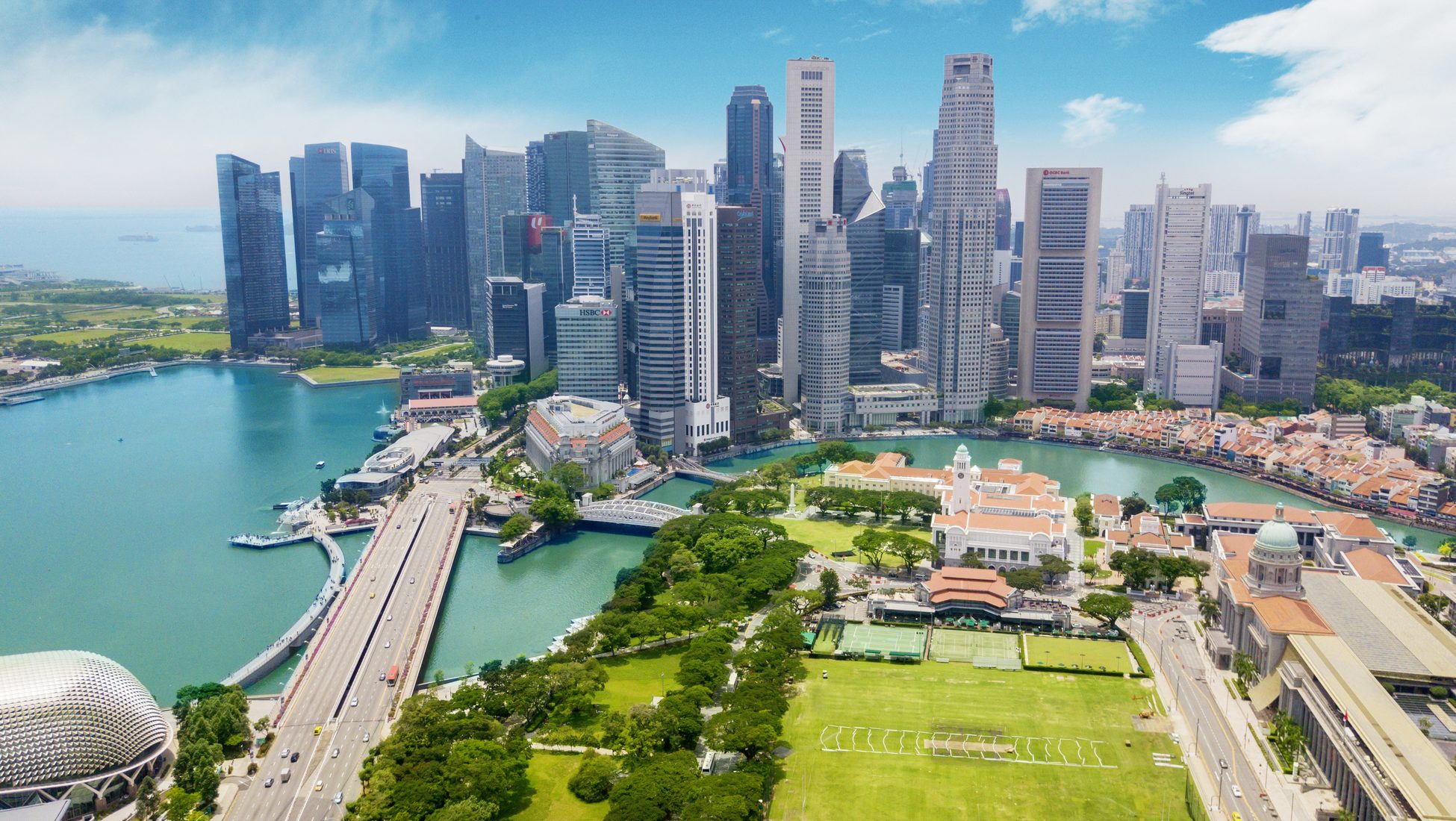SINGAPORE: Lower inflation in retail and other goods, as well as services, has eased Singapore’s core inflation to 2.9% year-on-year (YoY) in June, down from 3.1% in May, according to a statement issued on July 23 by the Monetary Authority of Singapore (MAS) and the Ministry of Trade and Industry (MTI).
The Edge Singapore reported that the core Consumer Price Index (CPI) remained flat month-on-month (MoM).
Increases in recreation and culture, and housing and utilities were balanced by declines in clothing and footwear, healthcare, and miscellaneous goods and services.
Headline inflation, or CPI all-items, also fell to 2.4% YoY in June, down from 3.1% in May. The drop in headline inflation was largely due to a decline in private transport costs and the easing of core inflation.
Headline inflation decreased by 0.2% MoM as transport costs dropped by 0.9%.
MAS and MTI noted in their outlook statement that global prices of energy and most food commodities have stayed “relatively stable” in recent months.
Looking ahead, MAS expects core inflation to follow a “gradual moderating trend” for the rest of 2024, with a noticeable decrease anticipated in the fourth quarter.
Private transport inflation is also expected to ease from last year, with the larger supply of certificates of entitlement (COE) this year.
Core inflation for 2024 is expected to average between 2.5% and 3.5%. The prediction for headline inflation is currently under review and will be updated in MAS’s monetary policy statement in July.
The 2019-based CPI basket includes 6,800 brands and varieties divided into 10 main expenditure categories. MAS’s core inflation measure excludes accommodation and private transport costs. /TISG
Featured image by Depositphotos

